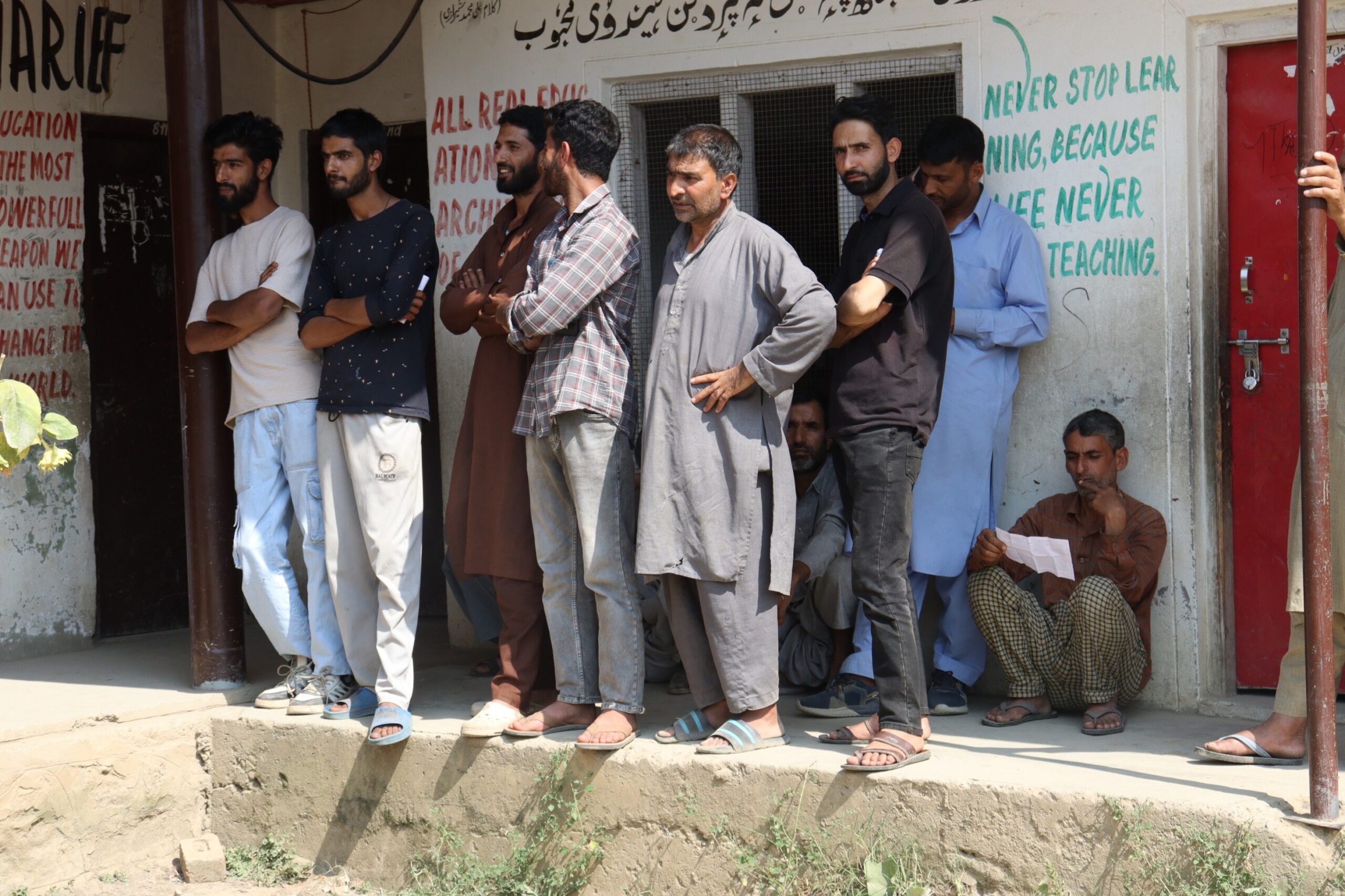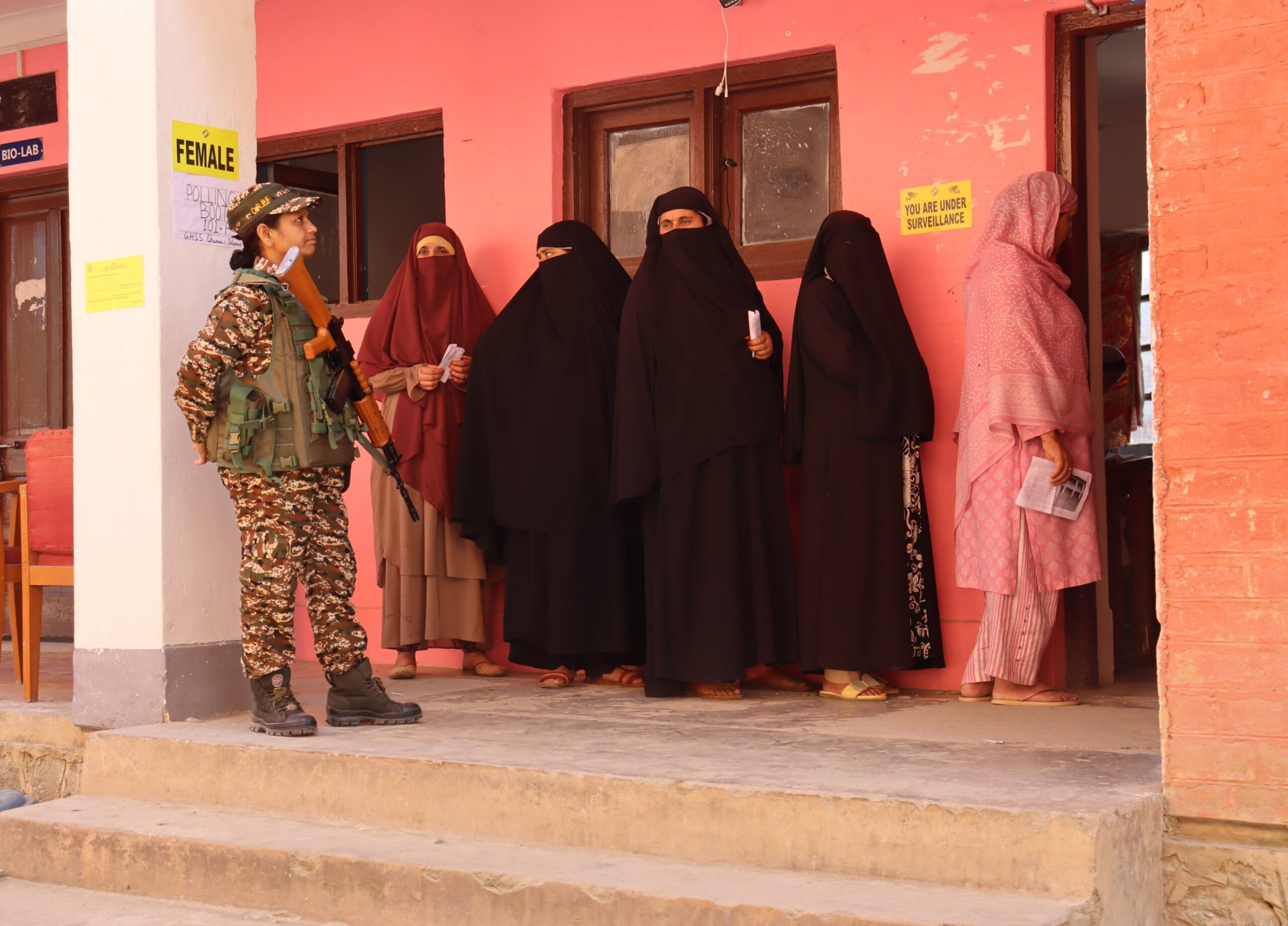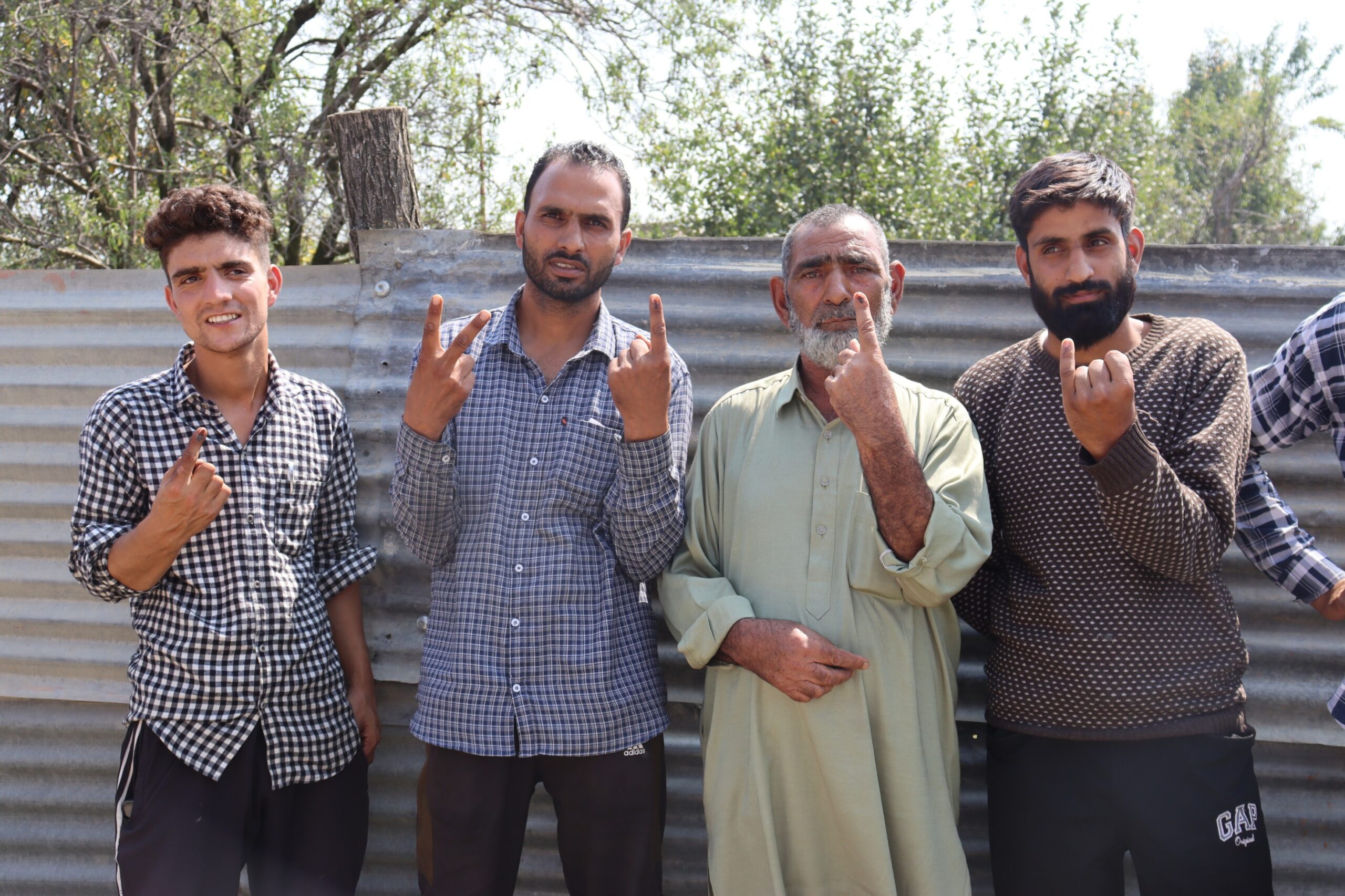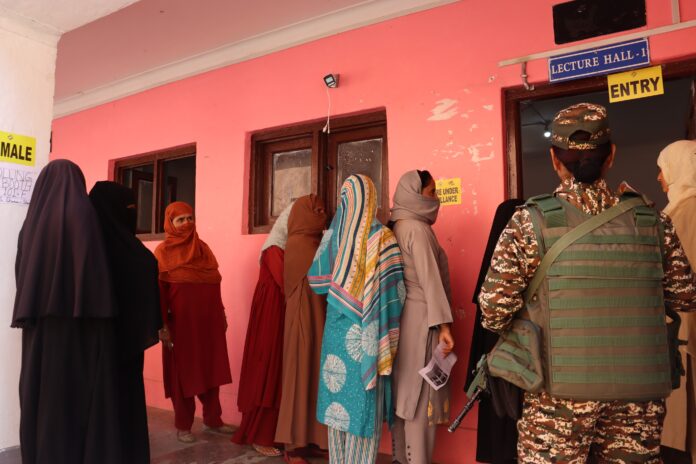Mubashir Naik, TwoCircles.net
Kulgam (Kashmir): Following the conclusion of the Jammu and Kashmir Assembly elections, the political landscape in Kulgam, South Kashmir, is undergoing a significant transformation. Muhammad Yousuf Rather, 77, popularly known as Tarigami, a Communist leader, faced a tough electoral challenge from Sayyar Ahmad Reshi, who was backed by the banned Jamaat-e-Islami (JeI). It added a new dimension to the electoral dynamics in the region. The election in the Kulgam assembly segment concluded on September 18, with political experts noting that Reshi, a teacher-turned-politician, posed a formidable challenge to Tarigami’s long-standing winning streak.
Tarigami, the Valley’s sole Communist leader, has held the seat since 1996 and represented the INDIA alliance, which included support from the National Conference (NC) and the Congress. The reshaped Kulgam assembly segment has 117,322 voters and witnessed a polling rate of 62.46%, slightly higher than in the 2014 assembly election.
Despite winning four consecutive elections, Tarigami faced a tougher challenge this time. The entry of Jamaat-supported independent candidate shifted some voters and supporters to Reshi’s camp. This election was critical for Tarigami as he sought a fourth consecutive victory in this assembly segment. His previous contests included narrow victories over PDP candidate Nazir Ahmad Laway in 2008 and 2014, when he won by margins of 236 and 334 votes, respectively.

The contest in Kulgam has historically been marked by intense rivalries, particularly between the NC and the Jamaat. The Jamaat has had a strong presence in the district, with past electoral successes, notably under the Muslim United Front (MUF) banner in 1987. However, its participation in electoral politics waned with the rise of militancy in the 1990s.
Tarigami first won the assembly seat in 1996, amid a peak in militancy and widespread election boycotts. Since then, he has consistently defended his position in Kulgam. The recent elections brought significant attention to Reshi, who was also assistant director of the Jamaat-affiliated Falah-e-Aam Trust, which is now banned. He is locally known as ‘Sayar Sir’. His rallies drew large crowds of Jamaat supporters, signaling a potential resurgence of the Jamaat influence in the region.

In response, Tarigami intensified his criticisms of Reshi and the Jamaat, reminding voters of the latter’s historical election boycott and its alleged ties to regional militancy. This strategy aimed to consolidate his voter base by recalling the past unrest.
In an interview with The Wire, Tarigami dismissed notions that the election represented a battle between communism and Islam, stating, “I have never campaigned on socialism alone. My goal has always been to bring development to Kulgam, and in that, I have had some success.”
He expressed confidence that voters in Kulgam would continue to support him.
Kulgam has long been a battleground for contrasting ideologies, with Tarigami representing the communist viewpoint while the Jamaat-e-Islami has also maintained a presence despite a backdrop of militancy and violence since 1989. Throughout the election campaign, public meetings were held where politicians promised peace and protection for ordinary citizens.

Tarigami countered Reshi’s campaign by remarking, “Those who once shouted ‘Hum Kya Chahate (Azadi)’ and called elections haram (prohibited) are now standing on this side. The people of Kulgam know how to remove weeds from a paddy field.”
The NC-Congress alliance officially endorsed Tarigami as their candidate, making him a favored choice to win again.
Reshi, 42, aimed to attract voters dissatisfied with Tarigami’s tenure, promising development focused on dignity, a crackdown on corruption and improvements in education and healthcare.
As Kulgam voters already sealed the two candidates’ fate, the battle extends beyond mere politics; it encapsulates the future of a region grappling with conflict, militancy and deep ideological divides.
As Tarigami sought another term, he did not just defending his seat but also his legacy of striving for development amid the complex realities of South Kashmir. The outcome of this election will shape Kulgam’s political direction for years to come.


